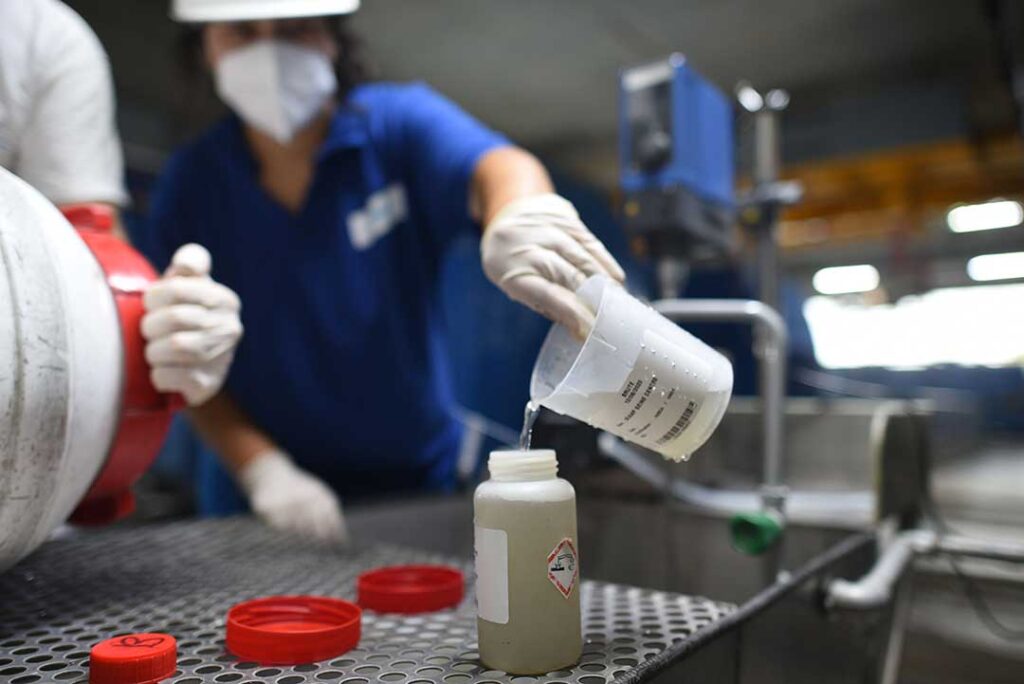ADF STAFF
South Africa is experiencing a spike in COVID-19 infections as the southern hemisphere’s flu season arrives, according to data from tested individuals and samples from municipal wastewater.
Wastewater sampling has become a crucial part of tracking the pandemic because studies have shown that it can pick up increases in COVID-19 infections weeks before hospitals and clinics report them.
“Sewage water surveillance and the National Health Laboratory Service data does suggest there is an increase in virus circulation and infections,” South African vaccinologist Dr. Shabir Madhi told Bloomberg News.
The populous Guateng and KwaZulu-Natal provinces have seen most of the increase. Guateng is the home of Johannesburg.
Case positivity has also risen to nearly 16%, about 5 percentage points above the continental average, indicating many cases may be going undetected.
Despite the uptick in cases, public health officials have not declared the increase to be the start to the expected fifth wave of infections. Dr. Nicholas Crisp, deputy director-general of South Africa’s health department, told Bloomberg a fifth wave will be driven by a new variant rather than the recently reported BA.4 sub-lineage of omicron detected in wastewater samples examined by the National Institute for Communicable Diseases.
“There will be a fifth wave,” Crisp said. “We don’t know when. We are watching like a hawk.”
South Africa’s rising caseload runs counter to the downward trend the rest of the continent has been experiencing.
According to the Africa Centre for Disease Control and Prevention, new cases fell 7% during April across the continent. Deaths were down 8%. Testing is also down by 23% for the month —a situation that makes it difficult for public health authorities to track the rise of new variants, according to Africa CDC Director Dr. John Nkengasong.
“Being ready for the next wave is something that we have to work on collectively to ensure that preparations are in place,” Nkengasong said during a recent briefing.
Madhi described the increase in cases as a resurgence of omicron. Due to South Africa’s high level of previous exposure to COVID-19, the resurgence is likely to be no more severe than the previous omicron wave that swept the country at the end of 2021, Madhi said.
Blood tests of South Africa’s population show about 80% of the country has been exposed to the COVID-19 virus, conveying some amount of immunity to them.
Adrian Gore, chief executive of South Africa’s Discovery insurance company, said immunity is likely to blunt the impact of a fifth wave.
“While it may be more severe, we still think that is unlikely,” Gore told South Africa’s Business Tech. “But it is a risk and, therefore, I think we need to be careful not to take a hard view.”

